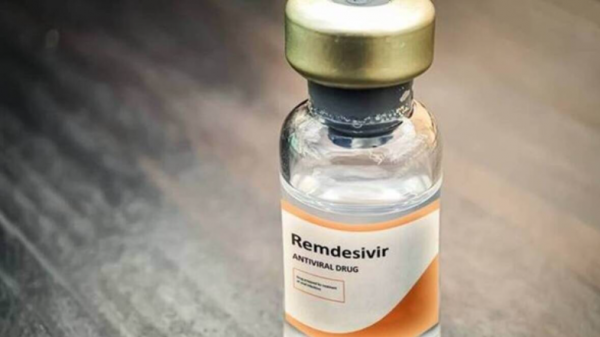COVID-19: Everything you need to know about Remdesivir and its usage

- Update Time : Saturday, May 1, 2021
- 182 Time View

Right now, even with the availability of vaccines, the healthcare system is still under immense pressure, with numbers of Covid-positive patients soaring every day. As such, there is interest in learning about repurposed drugs, which are “an immediate response to an outbreak that has accelerated beyond the containment strategies during the COVID-19 pandemic”, says Dr Rahul Pandit, Director-Critical Care, Fortis Hospitals Mumbai, and member of Maharashtra’s COVID-19 task force.
“Drugs such as Remdesivir,” the doctor explains, “are given to patients who have ‘moderate or moderate progressing towards severe’ COVID-19 infection.”
How does it work?
Once the virus enters the human cell, it releases its genetic material, which is then copied using the body’s existing mechanism. At every stage of infection, various human proteins, virus proteins, and their interactions come into play. At the replication stage, the key viral protein, called RdRp, becomes the engine of the virus. Remdesivir acts by directly attacking RdRp. With Remdesivir replacing the ‘feeding’ material it needs, the virus fails to replicate further, Dr Pandit explains.
When should Remdesivir ideally be used?
“Remdesivir was the first drug approved by the USFDA for treating the SARS-CoV-2 virus. It was claimed to be effective in the severe and critical stages of COVID-19. But, it was also understood to be ‘hepatotoxic’, damaging to the liver cells.
“Practically speaking, viral replication ends in the first 1-7 days, complications that occur in critical and severe COVID-19 post 7-8 days are due to an inflammatory response (SIRS). So this drug ideally should be used in the early stages, between the second and tenth day when viral replication is happening,” he says.
What patients need to know
Dr Pandit says that according to a WHO study, Remdesivir fails to prevent deaths among patients, but may reduce the length of hospital stay by 1-3 days.
“It should not be used on patients who are asymptomatic, mildly symptomatic or who are severely ill and have suffered multi-organ dysfunction. It can, however, be used between the second and tenth day of infection to improve its effectiveness among patients who have moderate or moderate progressing-towards-severe infection.”
The dosage
The doctor explains the ideal course is six doses over five days (first day 200mg followed by 100mg for the next 4 days), and should not be overused.





















